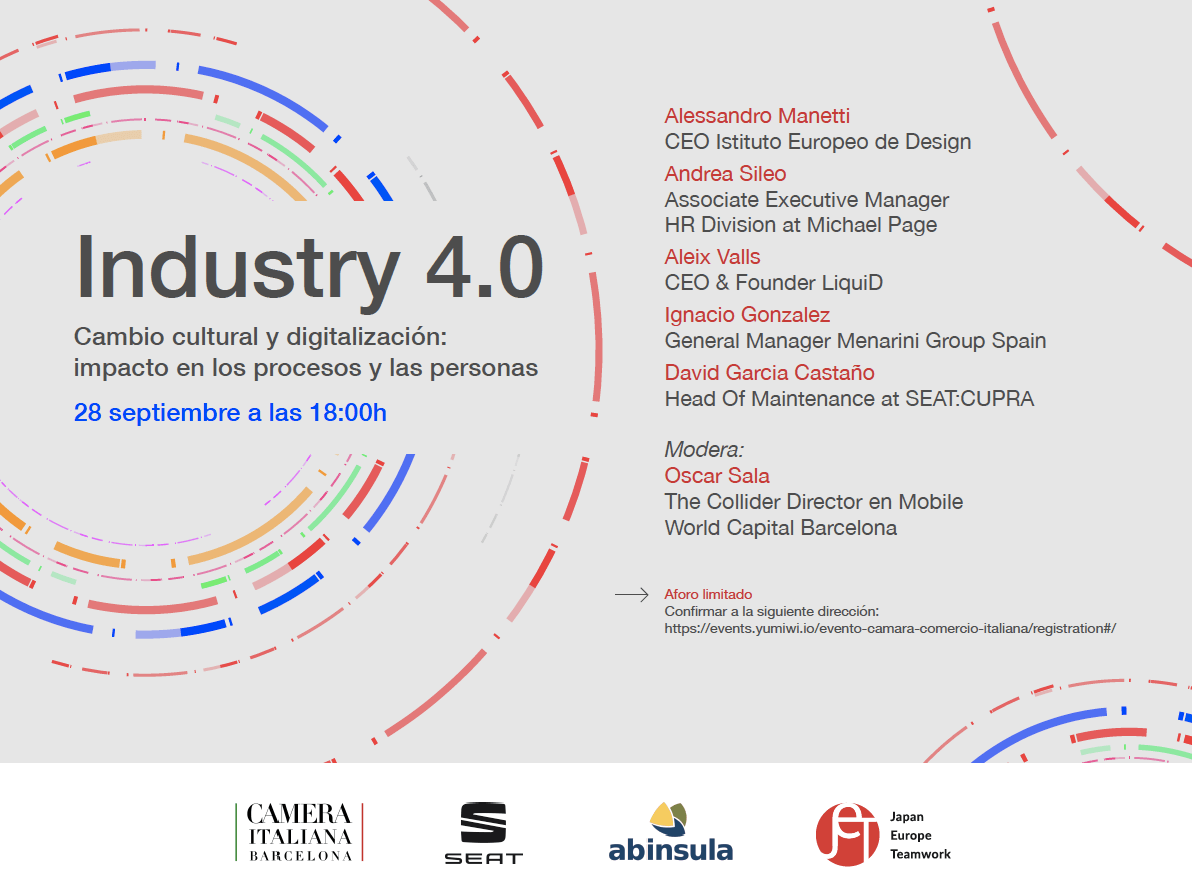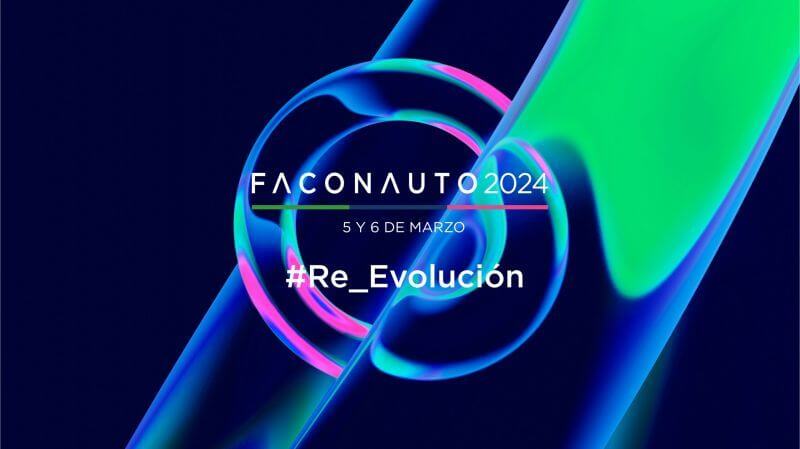Cross-cultural management as a business resource

Everything about our present and future can only be studded with small and big changes and challenges, intensified in particular moments like the one we are now facing with the pandemic from COVID-19. We all just want to restart our lives and businesses at the best and soonest, i.e. with the most effective leverage of resources we can.
What resources? The answer may seem obvious, while it is not. Among obvious replies: people, means, knowledge, or: capitals, infrastructures, skills … along with no less relevant addenda: organization, management, etc.
These elements are fine, of course, but each has to undergo a specific breakdown for the sake of business result. Any breakdown will drive us to adopt some deployment criteria, and we will prefer those we are already familiar with. Else we may tend to take a shortcut with simplifications that we may consider comprehensive enough.
Example: people = skills
We can go even further and say that over time “skills” have been referring just to what we define today as “technical” skills – inherent to the object of the business / job. Then we have extended the meaning to include language, IT or role-related skills and finally the so-called “soft skills“: able to work in a team, proactive, able to work under pressure, … of course all aspects relevant and proportionate according to the case.
What skills does change require for today and tomorrow?
Many studies agree and highlight that one of the aspects that most enriches competence and the HR management with new meanings is the word “diversity” and diversity management has become a key word for global competition in several professional environments. Much has been said and written about genre, age and expertise diversity, for instance. Less is said about cultural diversity and cross-cultural management related themes, though deeply affecting the strategic sphere, as well as the management of a huge variety of human operations.
In fact, organizations are getting more and more aware about, due to their experiences with unpredicted behaviors or codes of conduct unusual to their tradition. Often in blind grabbling with fragmented organization models and operating schemes, many firms and professionals face daily business slowdowns or failures that apparently have no reason, since they comply with criteria that in previous occasions have worked successfully.
Why do I get no answer? Yet my English was simple and direct.
Why are they so rude? Much discussion against no clear objective.
Besides, business activities usually deploy their network in the country of origin first, and then move to other markets or get the support of suppliers, professionals and partners of different nations and cultures. This is why they end up reading the positions, behaviors and statements of their staff and customers from other nations as either unfitting or incomprehensible.

The resource and challenge of the cross-cultural management.
One of the challenges that could find us less prepared is a conscious management of cultural diversity. Our global playground is not and cannot be an indistinct and flat set of values, thoughts and behaviors. That would deplete and diminish the human creative potential as well as the social well-being of all countries. Working and changing positively implies an endeavor to become aware of the differences, so as to be able and use them in synergy – with the management of personnel, in talent nurturing, in the definition of strategies and operational applications, at every level and extent.
Cultural shocks are not impromptu tales of people unfamiliar with confrontation and sociability. They are should be treasured as enabling the mirroring of views never considered or adopted before because from a different tradition. We are often similar to the “inductivist” turkey in the tale by the philosopher Bertrand Russel (1912). Here is the tale in brief: as a meticulous observer, the turkey took careful note that at the US farm he lived in animals were being fed every morning at nine o’clock. After a certain number of surveys, its inference was that he had attained a scientific learning, based on repeated and measured facts. Nonetheless, this view proved unquestionably false on Thanksgiving, when instead of being fed, it was slaughtered.
Negotiations, agreements, technical-scientific insights, organization, events, education and training, planning, communication, development and innovation are all fields cannot base on inferences. Synergy is not an option, and the intercultural dimension marks a big difference in less personal distress and higher business performance.
Can you confirm, please?
– asked the Japanese operator to his European partner. “I can’t confirm until you send me”. Since the Japanese usually send out just after receiving confirmation that all is fine, the Japanese felt embarrassed and kept on waiting, while his partner was annoyed that the agreement had gone so mysteriously broken.
Actually, he did not know that in Japan it’s important to check at each step before proceeding.
Failure in carrying out projects of mutual advantage for similar trifles is a pity, isn’t it?!
Roberta Giovannuzzi
JET, the Italian Chamber of Commerce of Barcelona, Abinsula and Casa SEAT organize an event about the cultural change required for being effective when approaching Industry… Read more
The coronavirus is inducing unpredicted effects and leading to a critical review of how the society will be, for setting the… Read more
The FACONAUTO Congress 2024: a valuable opportunity to hear first-hand about tendencies and market behaviours which are designing the competitive scenario…. Read more



